The MPH Journey: Reflections From Recent Graduates
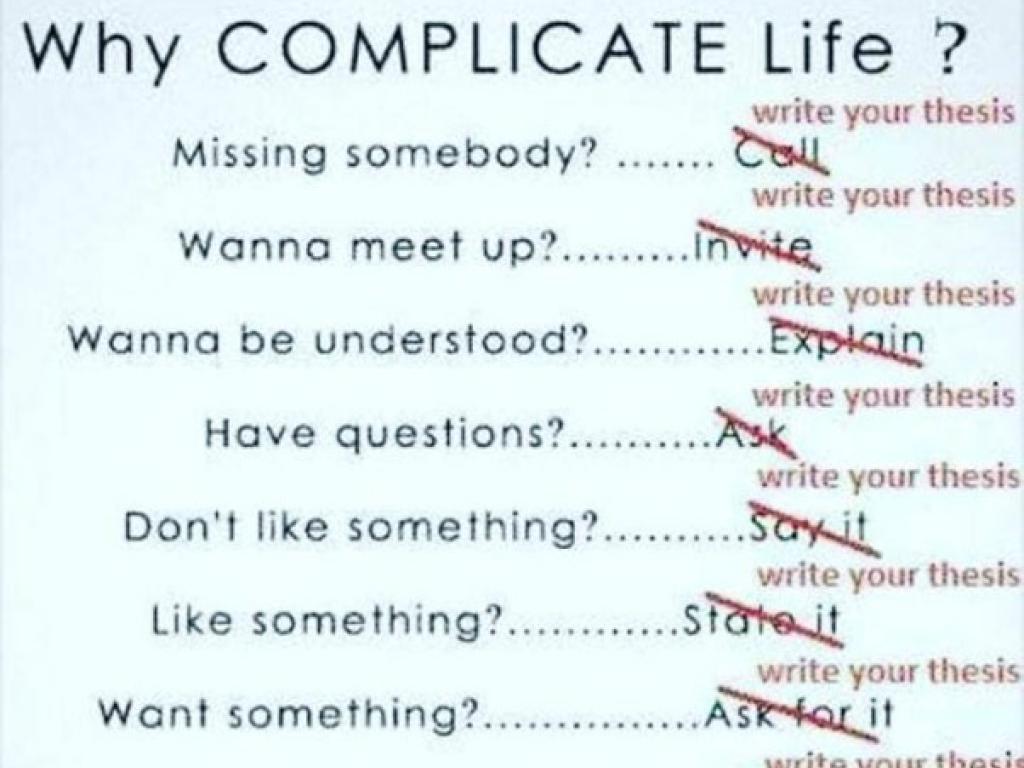
Melary Chidavaenzi, Petronella Ncube, Ruth Useh, Natasha Kannemeyer, Naledi Molope (UCT, MPH Graduates)
Editorial note: A reflections piece by postgraduate students from the University of Cape Town, discussing studies during Covid-19
In this Fieldnotes piece, four recent Master of Public Health (MPH) graduates from the University of Cape Town responded to questions about their different experiences of the MPH journey from coursework to dissertation. They candidly discuss the challenges, highlights and ‘aha’ moments they would like to share with others. Students spotlight challenges relating to studying and conducting research during the Covid-19 pandemic, along with life and fieldwork/research challenges that hindered their journeys. Insightful moments such as the joys in research, the course offerings, being inspired by professors, mentoring and capacity building programmes and internal resilience are also discussed and shared.
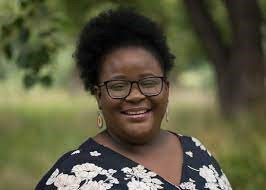
Merlary Chidavaenzi

What have been some challenges of your MPH journey and how have you dealt with them? What was it like doing research in addition to your other commitments?
My MPH journey started in 2018 and was concluded in 2020 at the height of the pandemic. I experienced several challenges at the time and prioritizing three will be another challenge. The three main issues that I navigated had to do with balancing my personal responsibilities that comes with adult learning, the impact of COVID-19 and research related challenges. Being an adult learner meant that there was a degree of balancing the adult responsibilities in my life, work and then studying. I am a mother of three small children (twin boys and a girl) and at the time I started, they were all under 10 years of age. There is a societal judgement and parental guilt that comes with not being present at ball games or recitals. Being a working mother and studying meant that I had little time for anything else after MPH and work-related commitments. A portion of my MPH also overlapped with the COVID-19 lockdown and this led to added pressures to my already heavy load, I had to add home schooling three stubborn and bored children, being a full time care giver to my children as I could not access help for fear of the pandemic, being judge and mediator in the daily sibling fighting that mainly came from being contained in a small place. To manage this, I had to realize that I could only promise to do my best and the rest will have to fall in place because there was only one of me in the sea of responsibilities.
There were specific thesis related challenges that I encountered as I worked with the community partner. One of my biggest challenges was that going to my research site was very expensive. While the department provided funds for this, I had to use my own money and claim it back. At the time, I thought this policy was coming from a place of privilege and did not take into account individual stories of some people like myself who did not have a pocket of money laying around for things like that. This limited my engagement with the community partner and I had to work within the boundaries of that limitation. Sometimes you would make several appointments to interview people and they would not come even when you had called the day before and on the day before leaving campus to confirm the meeting. Additionally, I submitted my proposal and collected part of my data when both my academic parents (supervisors) were on leave. One was on maternity leave and had been very supportive and the other was on sabbatical and out of reach. I cannot begin to express how challenging this was. I also encountered research site related challenges such as taxi wars, Uber/ Taxify violence from taxi drivers, anti- black foreign nationals sentiments (not with the people I was working with but a general national discontent) and general issues associated with working with community activists. There is an unspoken expectation that people who come through UCT have money, and this poses challenges. I managed my research specific challenges by leaning on my peers for support, deciding to do the best that I could and hoping that it would be enough and I went from wanting to have a first class pass to just wanting to submit and be free. What made it more intense was that it was an extremely lonely journey as I could not see some of my track colleagues and the portions that were done during COVID-19 were specially lonely because I could not even connect with my peers from the health systems track whom I shared the postgraduate lab with as a study space.
While my MPH journey had a lot of challenges, it was in many ways rewarding. I expanded my knowledge, had first-hand experience of the processes that activists go through when planning their activities, met incredible people (peers and academics and witnessed incredible human resilience.
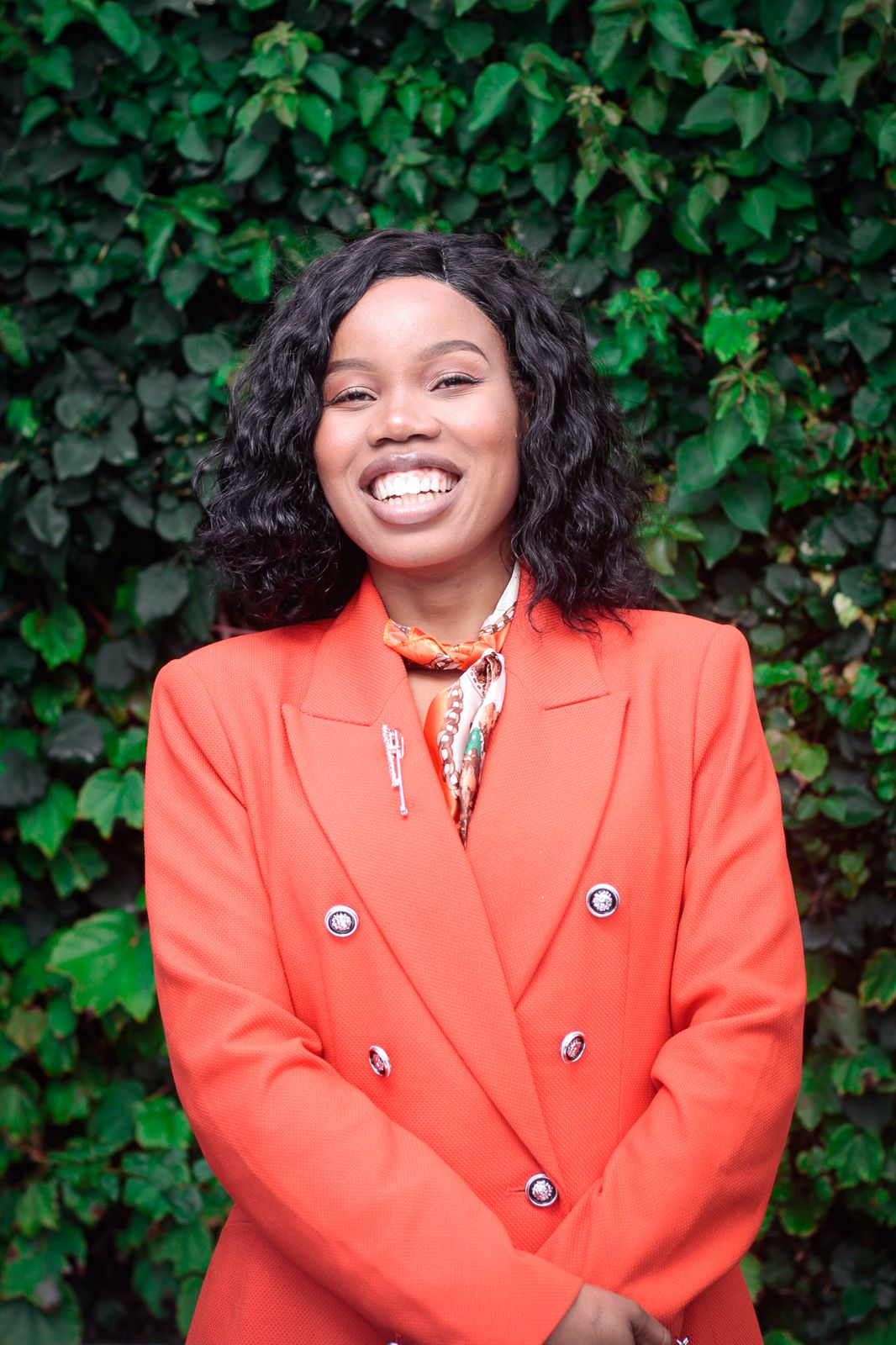
Petronella Ncube

What has it been like completing an MPH thesis during the Covid-19 pandemic? What advice would you give to a student transitioning from coursework to dissertation?
I often smile when I think about my research journey and say to myself, “it was worth it”. I doubt I was smiling when I had to respond to the Ethics Committee's countless questions or when I had to change my data collection method due to Covid-19 or when the research took longer than anticipated. Despite this, I later realized that Covid-19 robbed me, but it also afforded me an opportunity to try new ways of data collection that I had only read about. There were times where I felt defeated and had to reschedule because all of a sudden, my participants did not remember who I was and what they consented to. It was during translation and transcribing that I felt, I am a researcher, and I am dealing with the messiness and the rewards that come with it. On a lighter note, report writing was softer and enriching. I would sit and fail to comprehend that I am writing a piece that will one day be published and make a difference. The check-ins with my supervisor always brought clarity and ironed out all confusion. The deadlines pushed me to work even on holidays. I can recall the times where I eagerly waited for feedback from my supervisors whilst crossing my fingers that it wasn’t going to be too many corrections. I could never forget the date I submitted, 28.06.21. It is one of the happiest days of my life. When the review came back 6 months later, I was proud of this journey and I appreciated the efforts of my supervisors, myself and iALARM (‘Using Information to Align Services and Link and Retain Men in the HIV Cascade’ a research focused initiative based in Gugulethu, a peri-urban community in Cape Town, focused on the improvement of men’s health through research, capacity building, advocacy and networking).
One thing I would like to say to those transitioning from course work to research, like a river, flow. When you flow, you have a clear understanding of the timelines, deliverables and deadlines, but are open minded and adaptable. You understand that some streams will pour into you, so allow them. Do not allow frustrations to keep you off course when your journey is longer than anticipated. Instead, breathe, reflect, take the learnings, embrace your journey and keep flowing.
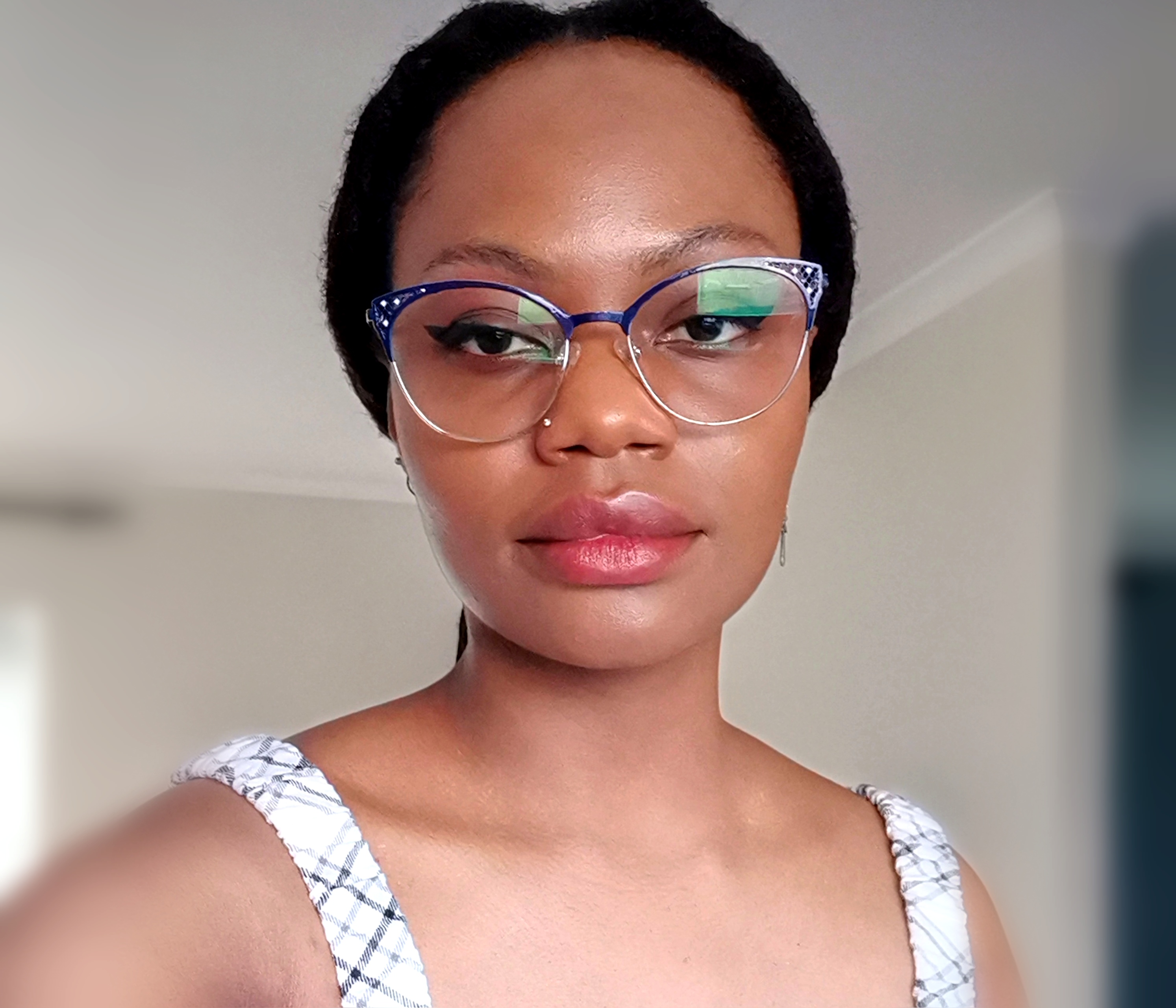
Ruth Useh

What advice would you give to new first year students as they are joining the programme? What is one thing you learnt from the MPH programme that you didn’t know before. Did you have any ‘aha!’ moments?
The MPH programme is one I would refer to as “all-encompassing”. The vastness truly counts towards its multi-disciplinarity nature. Any and everyone is welcome. Within the Division of Social and Behavioural Sciences, we are fortunate to have opportunities to engage with associations such as the SASH programme (a joint project between UCT and Brown University in the US which aimed to promote and support the development of scholars working on HIV in the social sciences). I didn’t start my UCT journey as an undergrad like most of my colleagues, so coming to UCT from another institution was a significant change for me. It essentially felt like I was starting over again, which I was for the most part. Because of this, it was vital for me to find and establish a sense of stability. I decided the next good move was to join and make the best out of my experience with the SASH and iALARM research programmes at the time. Doing this provided me with a structured grasp of the UCT environment I needed to navigate the research aspect of my MPH programme, additionally leading me to make great connections and networks that allowed me to better assimilate into the MPH programme as a whole. I think it goes without saying that social networks are essential in acclimating to any new space.
My advice to new first-year students joining the programme is to make use of the mentors assigned to you. Engage as much as you can with other students in your department. Make the best of opportunities presented by the DSBS department and Health Sciences faculty, and just enjoy the journey. You learn so much outside the classroom. The lessons in the lows take the highs of your journey to greater heights. It won’t be easy, and if it gets too hard, student wellness service is your friend. All the best.
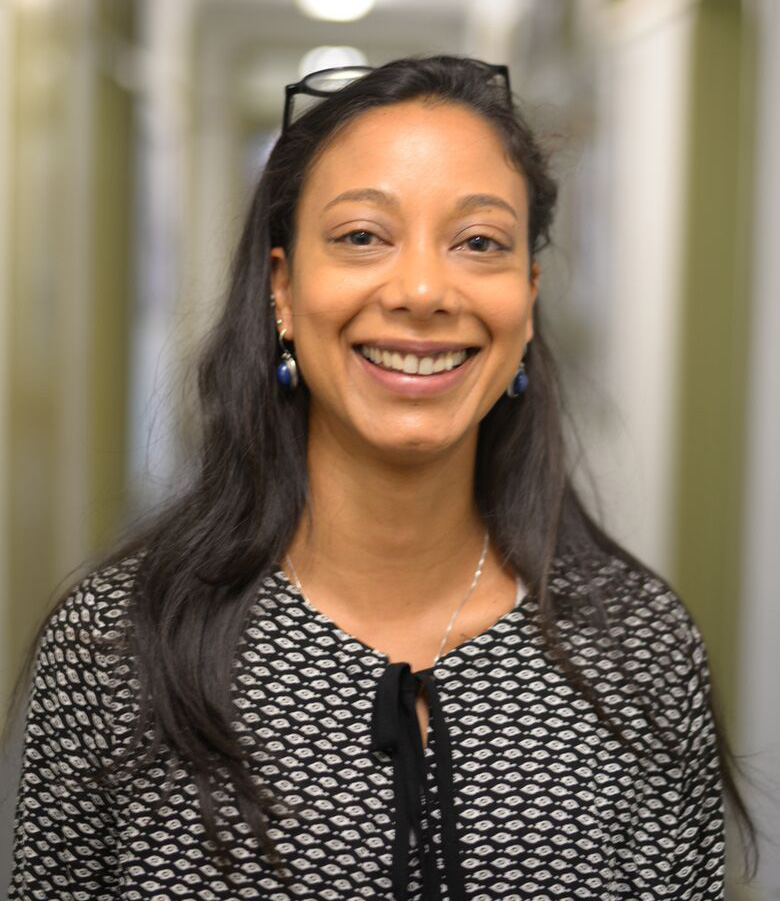
Natasha Kannemeyer

What was a highlight, the most disappointing thing, or most challenging part of the programme? What has your experience been of doing your entire MPH under lockdown and Covid-19 conditions?
I started my MPH journey in 2020, and two months into my MPH, South Africa went into a nationwide lockdown and all classes reverted to online. So, my entire MPH bar the first two months occurred online and in my own bubble of isolation. I was lucky to be involved in primary in-person research which allowed me to practice and enhance my qualitative research skills that I had gained from the course. The most disappointing part of the MPH was that I was unable to make connections with other students as we were all working remotely and the fatigue that goes along with this, added to the barrier of meeting others. The most challenging part of the programme was the mini-dissertation. My idea of what this entailed was completely incorrect. I imagined it being similar to an assignment, and shoo was I so wrong. I remember battling with my own frustrations of what was required as well as the comments from my supervisors. I had to go back and forth with my writing and editing and every time I thought I had written a ‘good’ piece of the dissertation I was quickly put in my place by my supervisors. However even though this was very challenging, and I had to manage my frustrations, re-reading my initial draft in comparison to my final submission, I am pleased to say that the frustration, input and feedback and re-writing was well worth it.
A highlight from the MPH relates to two courses in the programme – the Qualitative research methods and data analysis courses. I enjoyed getting ‘stuck’ in the data and analysing and going through the data. The practical applications I learned in these modules really strengthened my data analysis for my own research.
My message to other students embarking on this journey: trust your supervisor/s and yourself and ask questions if anything is unclear. Have a timeline, but remember to be flexible. Best wishes on your own journey!
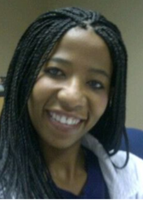
Naledi Molope

What have been some of your most inspiring moments or turning points while completing your MPH thesis? What is one thing you learnt from the MPH programme that you didn’t know before? Did you have any ‘aha!’ moments?
The class profile was very diverse in terms of qualification, career background, experience, and culture. This had a direct correlation with the quality of discussions and ideas brought on board during lectures and group assignments. It was truly incredible to be part of an experience that encouraged other skills based on a variety of thought processes. I was thrilled to engage in social behavioural discussions during my MPH journey, especially more so because my undergraduate was purely scientific.
The practical highlight was doing field work during the Qualitative Research Methods module. The field work was about interviewing mothers on their perceptions about breast feeding in public areas. It was at this point that I realised that public health is also about raising awareness on so many societal issues. The human rights module highlighted the need, and most importantly, the possibility to achieve social justice in the South African healthcare setting which continues to be very unequal.
The programme has been very fulfilling. To be completely honest, even though when I started the course, my interest was in epidemiology and biostatistics, along my MPH journey I developed special interest in the social aspects and application of economic evaluation in health care. Even though I have acquired a lot of new knowledge through the different courses offered, the modules relating to social and economic aspects were my turning points and most impactful in driving my career path beyond MPH. Even more exciting was the ability to choose electives which allowed me to focus on my new interests through the general track, which was much more flexible. Additionally, engaging with experts in the field through lectures with Professor Dane McIntyre, who served as chair in the Medicines Pricing Committee, and Professor Leslie London who recently received UCT’s 2021 social responsiveness award, was most invaluable. Given the new interest of achieving social justice triggered by the Public Health and Human Rights module, I intend on sharpening my acquired knowledge in health policy and planning and economics evaluations to make a sustainable impact in the South African Healthcare Sector.
To the current MPH students we wish you well on your journey. Not only is it a journey of navigating postgraduate studies and research but it is also a journey into yourself.
Author Biographies
Merlary Chidavaenzi is a social worker and public health practitioner whose research interests include universal health access, palliative medicine, sexual and reproductive health as well as mental health. She is also interested in innovative solutions that change the way in which we think about solving health problems.
Petronella Ncube she is fervently inspired by Maya Angelou's words: "do the best you can until you know better,then when you know better,do better".
Ruth Useh is a researcher in the fields of public health and social sciences. With her work, she aspires to feedback into the body of knowledge and awareness concerning health in Africa.
Natasha Kannemeyer is an assistant lecture in the Division of Social and Behavioural Sciences at UCT and currently co-convenes the Public Health and Society and Gender and Health courses in the MPH porgramme. Her research interests lie in community particpation and community-engaged researhc. She is currently registering for her PhD at UCT.
Naledi Molope is a qualified pharmacist with extensive public and private sector experience, currently pursuing a career in the managed healthcare environment. I enjoy synthesizing evidence based clinical information; a critical skill needed in ensuring access to evidence-based therapies for all in need of healthcare. I am currently in the process of completing my Masters in Public Health (MPH) with the University of Cape Town. It is my journey of self-development which I intend using to assist in bringing about innovative health care solutions for access to health by ALL.
I do not hesitate to describe myself as Gomolemo’s mother, an amazing daughter and a blessing.